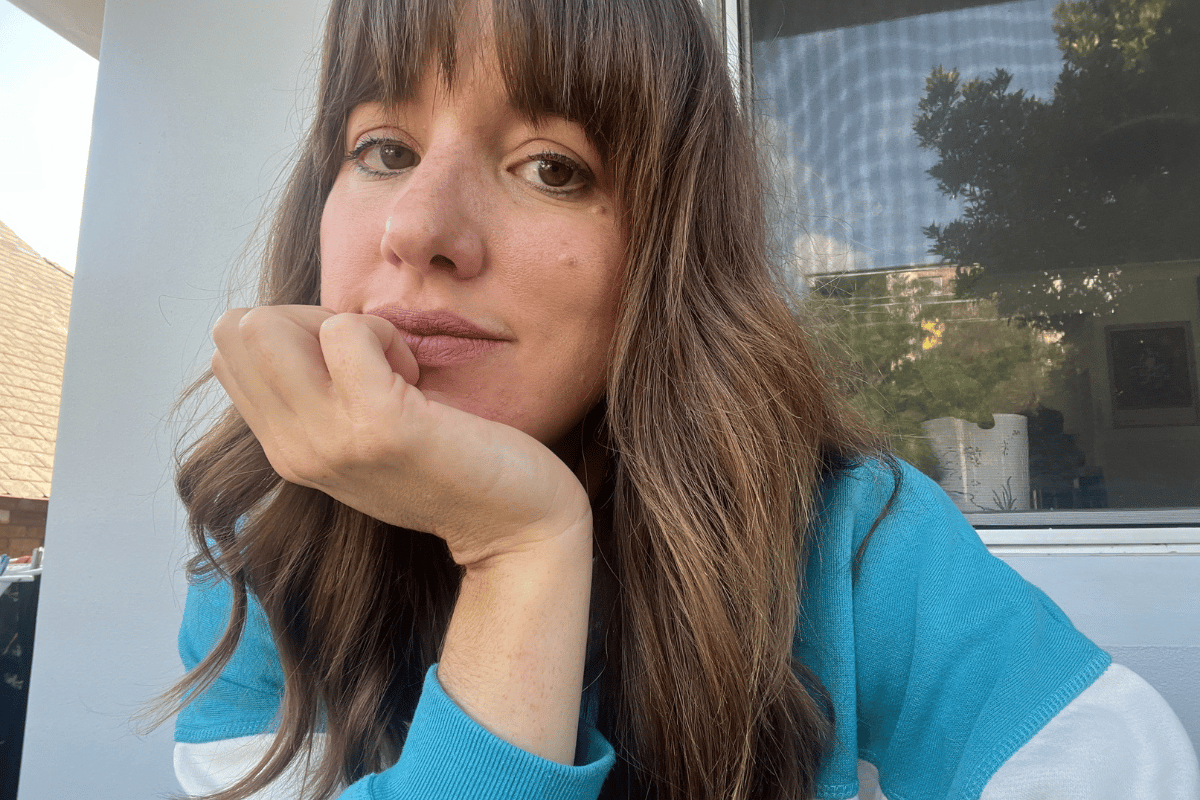
This post discusses disordered eating and could be triggering to some readers.
Please stop talking to me about your weight loss.
I remember when my body stopped being something I used to move through the world in, and started feeling like currency. I was 13 years old, and my straight-up-and-down, athletic figure was softening as I entered puberty, and I was buying teen magazines, looking at the cover girls and fashion models and thinking, “That’s what the perfect teenage girl looks like.” Tall but not too tall, boobs but not too big, and most importantly, slim-hipped, flat-stomached and smooth-skinned.
As my body adjusted to rushes of hormones, I became increasingly dissatisfied with it. I hated my body from that early age, fighting against its natural form with every crash diet under the sun. I saw it as something I had to control or else. Or else boys wouldn’t like me. Or else I wouldn’t be cool/cute/worthy compared to my peers. Or else I wouldn’t have value.
Watch: Lizzo talks about body positivity and negativity. Post continues after video.




























































































